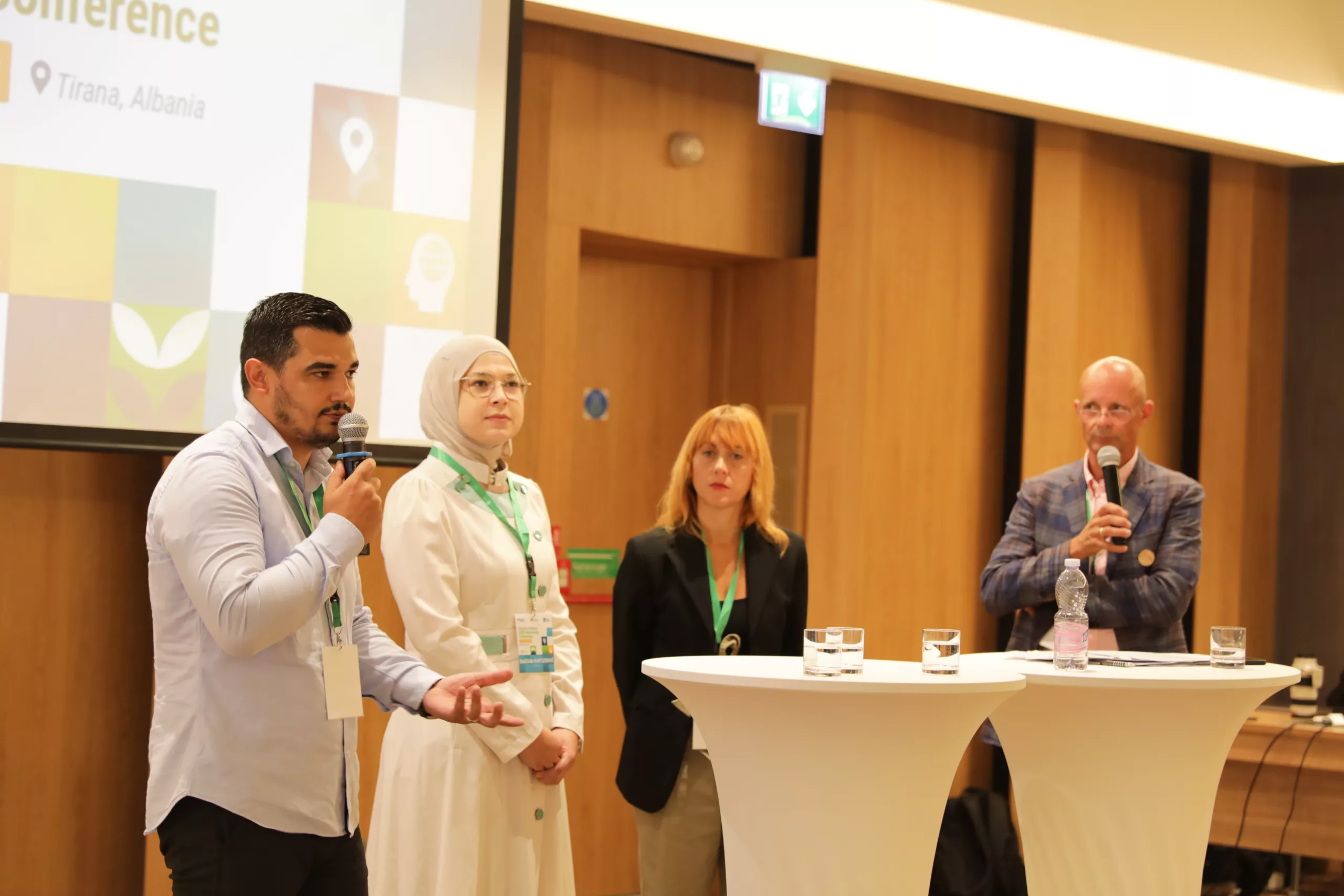Navigating Climate Governance: Bosnia and Herzegovina, the Youngest EU Accession Candidate in the Western Balkans
by Sofia Shabafrouz, GIZ / EUKI
Meeting EU accession requirements can serve as both a driver and a challenge when it comes to improving climate governance in a country. Bosnia and Herzegovina was granted EU candidate status in 2022. The nation’s complex institutional landscape significantly affects its ability to make cohesive decisions and implement effective climate policies. This means it is all the more important for it to engage in dialogue with other candidates and EU member states such as Croatia that have completed the accession process. In this series of articles, we take a closer look at the six Western Balkans countries and the progress they are making on the climate action front. Part 2/7 – The state of climate governance in Bosnia and Herzegovina.

Like the other Western Balkans countries, Bosnia and Herzegovina has signed the Green Agenda for the Western Balkans (GAWB) an initiative launched by the European Union in 2020 to support the region in its transition towards a greener and more sustainable future. The GAWB focuses on several key objectives, including reducing greenhouse gas emissions, promoting renewable energy sources, improving energy efficiency, enhancing biodiversity conservation, and tackling air, water, and soil pollution. These objectives tie in with the EU’s efforts to combat climate change and promote sustainable development. Participation in the Green Agenda is closely linked to Bosnia and Herzegovina’s EU integration process. In aligning with the objectives and priorities of the GAWB, the country is seeking to harmonise its climate policies and practices with EU standards and regulations. This alignment is crucial for advancing Bosnia and Herzegovina’s accession negotiations and strengthening its partnership with the EU.
Main challenges in adopting climate policies
But there are several key challenges hindering the implementation of climate governance in the country. The Climate Bridges project has published an analysis of current climate governance in the Western Balkans and Croatia that summarises these challenges and lists recommendations and areas for urgent improvement:
Fruitful dialogue and capacity-building
Sadžida Hafizović is a member of the Climate Bridges project team that just recently facilitated a two-day workshop for government employees and civil society organisations from Bosnia and Herzegovina. During the first day, they had an opportunity to engage in direct dialogue with Croatian speaker Višnja Grgasović, Head of Service for Climate Change, Ozone Layer and Marine Protection of the Ministry of Environmental and Nature Protection. Grgasović presented on the new EU climate legislative framework and the Republic of Croatia’s path towards the transition. She gave an overview of the challenges, described her country’s climate policy strategy prior to joining the EU, and explained the key steps in aligning with EU climate policy. ‘It was a great success, with 45 participants from CSOs and governmental bodies. This is the kind of exchange we really require in order to build trust and much needed capacities,’ said Hafizović enthusiastically. ‘The example of Croatia showed that, even with a simpler administration, aligning with EU climate policy is hard work. There should be more of a willingness to learn and seriously commit by now.’

